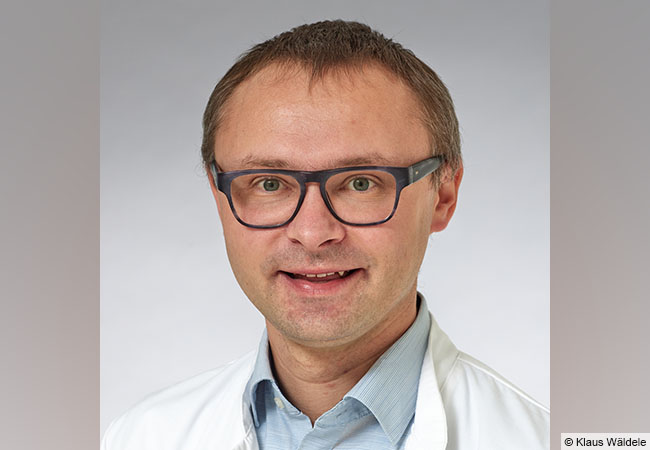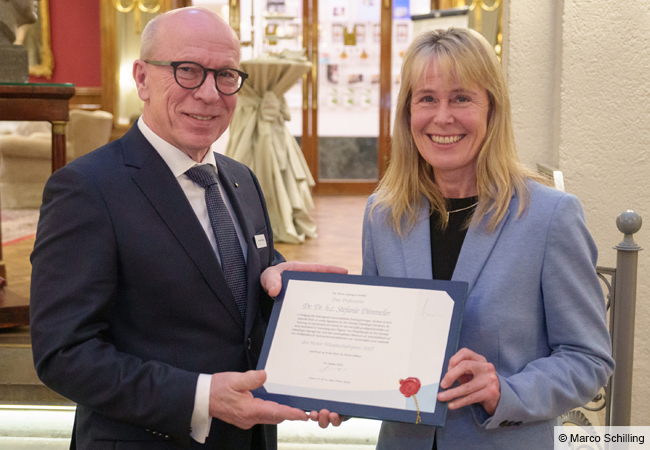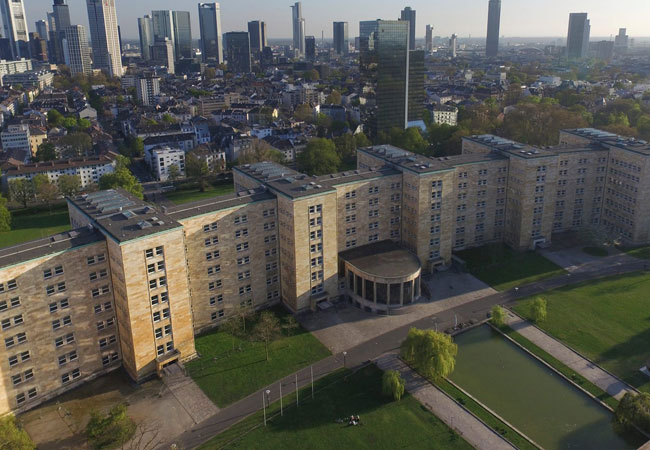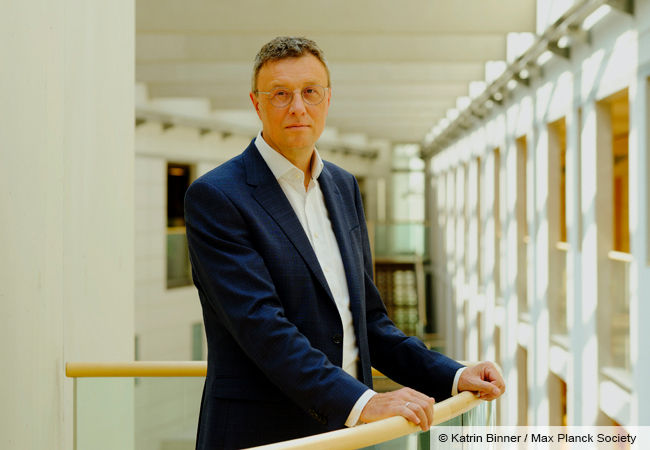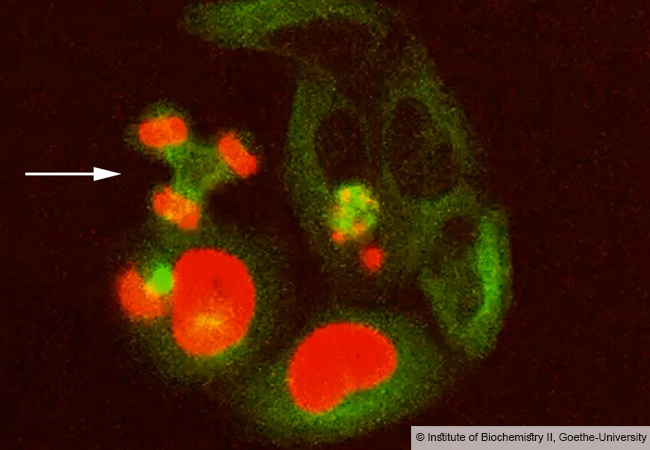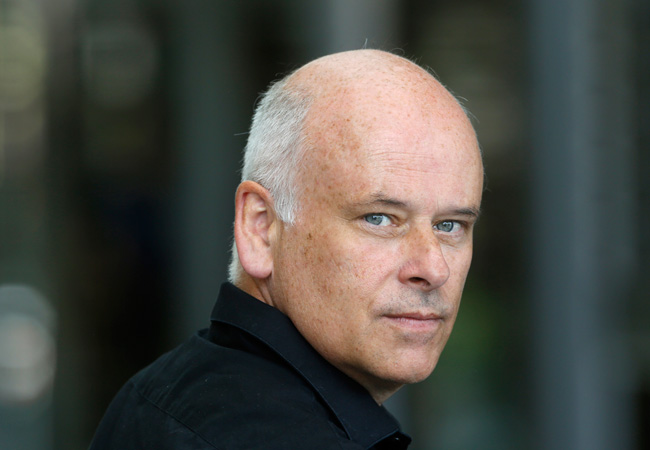
FRANKFURT. Robert Tampé, Director of the Institute of Biochemistry at Goethe University, has received € 1.5 million from the German Research Foundation (DFG) for a Reinhart Koselleck project. Through this programme, the DFG enables outstanding researchers to pursue exceptionally innovative, higher-risk projects. Tampé will address the functioning of the immune system in and on the surface of cells.
“Our lives are repeatedly saved every day without us even knowing it,” states Robert Tampé. “Virtually undetected by us, our immune system constantly identifies and eliminates virus-infected cells, abnormal cells, and intra-cellular pathogens in an extremely efficient way. It’s a service provided by a well-functioning immune system.” Inversely, a malfunction or weakness in the immune system can lead to cancer, chronic illness and autoimmune diseases.
It is known that infected cells trigger an immune reaction by attracting the attention of T-cells. They present protein fragments (antigens) from their cellular proteins on the cell surface. More specifically, the antigens are transferred to the so-called major histocompatibility complexes (MHC-I) and presented to the T-cells. Editing and loading complexes associated with the MHC-I play a key role in controlling the immune response. Still, these complexes have only been investigated to a very limited extent so far.
“Viruses have developed sophisticated strategies to interfere with the antigen-loading of the MHC-I complexes and thus escape the attention of T-cells. In the Koselleck project, we want to elucidate some key mechanisms in the antigen processing,” says Tampé. The researcher expects that insights into the organization of these antigen quality control points will pave the way for a new understanding of intracellular multi-protein complexes associated with the cell membrane, and of chaperone complexes, which are important for the folding of proteins in the endoplasmic reticulum. In the long term, the findings should point to new therapy options for infections, autoimmune diseases, chronic illnesses and cancer.
Robert Tampé is the Director of the Institute of Biochemistry and the Collaborative Research Center “Transport and Communication through Biological Membranes”, in which scientists from the Max Planck Institute of Biophysics team up with researchers of Goethe University Frankfurt. He is one of the founders of the Cluster of Excellence “Macromolecular Complexes” funded by the German Excellence Initiative. Before coming to Frankfurt, he was Director of the Institute of Physiological Chemistry at the Faculty of Medicine of the University of Marburg, and Research Group Leader at the Max Planck Institute of Biochemistry in Martinsried and the Technical University Munich. He worked with Harden M. McConnell at Stanford University as Max Kade Fellow. He is an Honorary Professor of Kyoto University and was recently appointed Visiting Fellow at Merton College and the Department of Biochemistry at Oxford University.
As biochemist at the Biocenter in Frankfurt, Robert Tampé gained an international reputation for his fundamental contributions to the mechanistic understanding of antigen processing and to solving the question of how viruses avoid detection by the immune system. He also discovered the molecular machinery of ribosome recycling and provided structural and mechanistic insights into the quality control of protein biosynthesis. His main areas of interest include macromolecular complexes, membrane biology, as well as chemical and synthetic biology.
Source: News release from 24th October 2018


